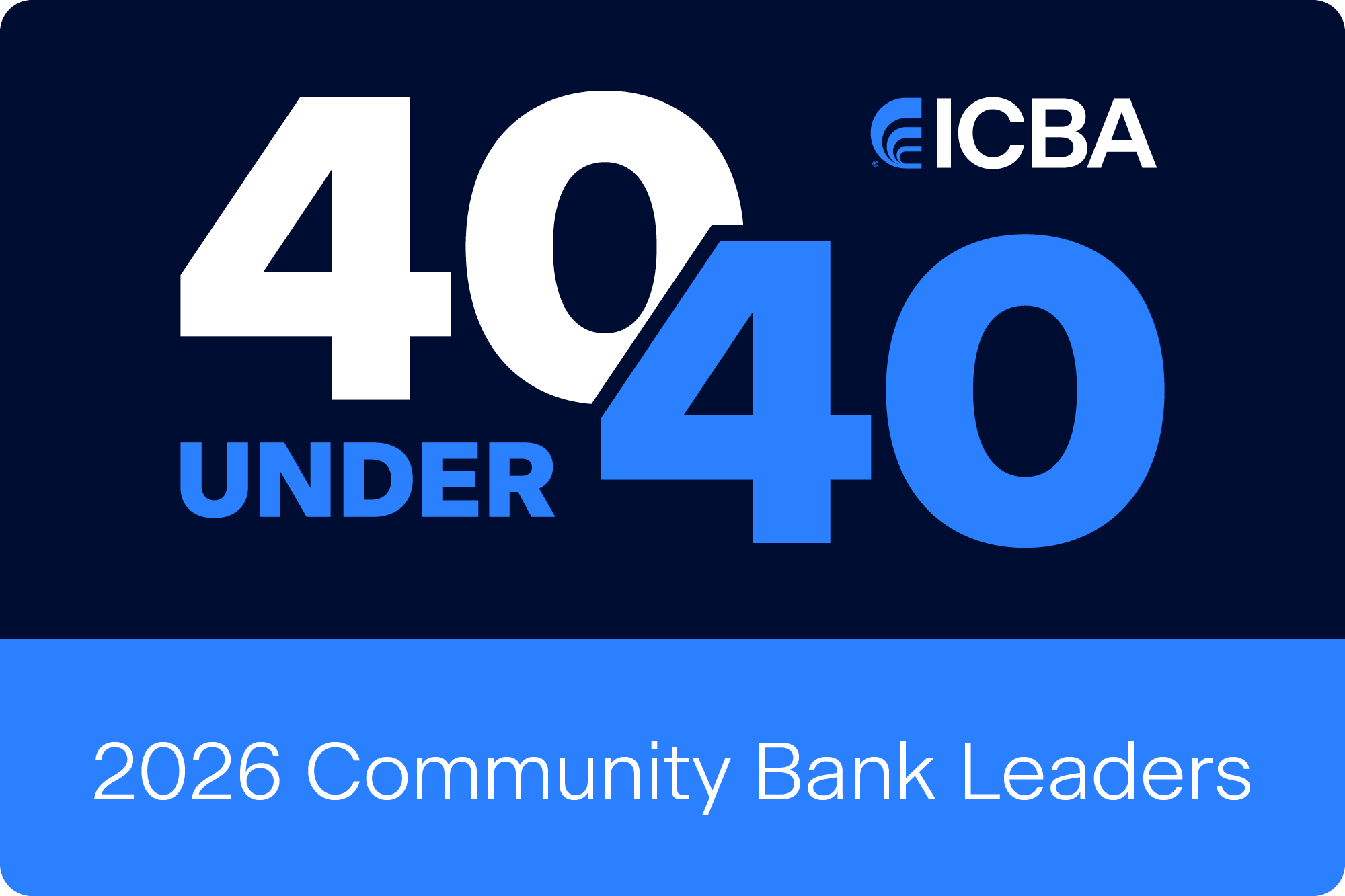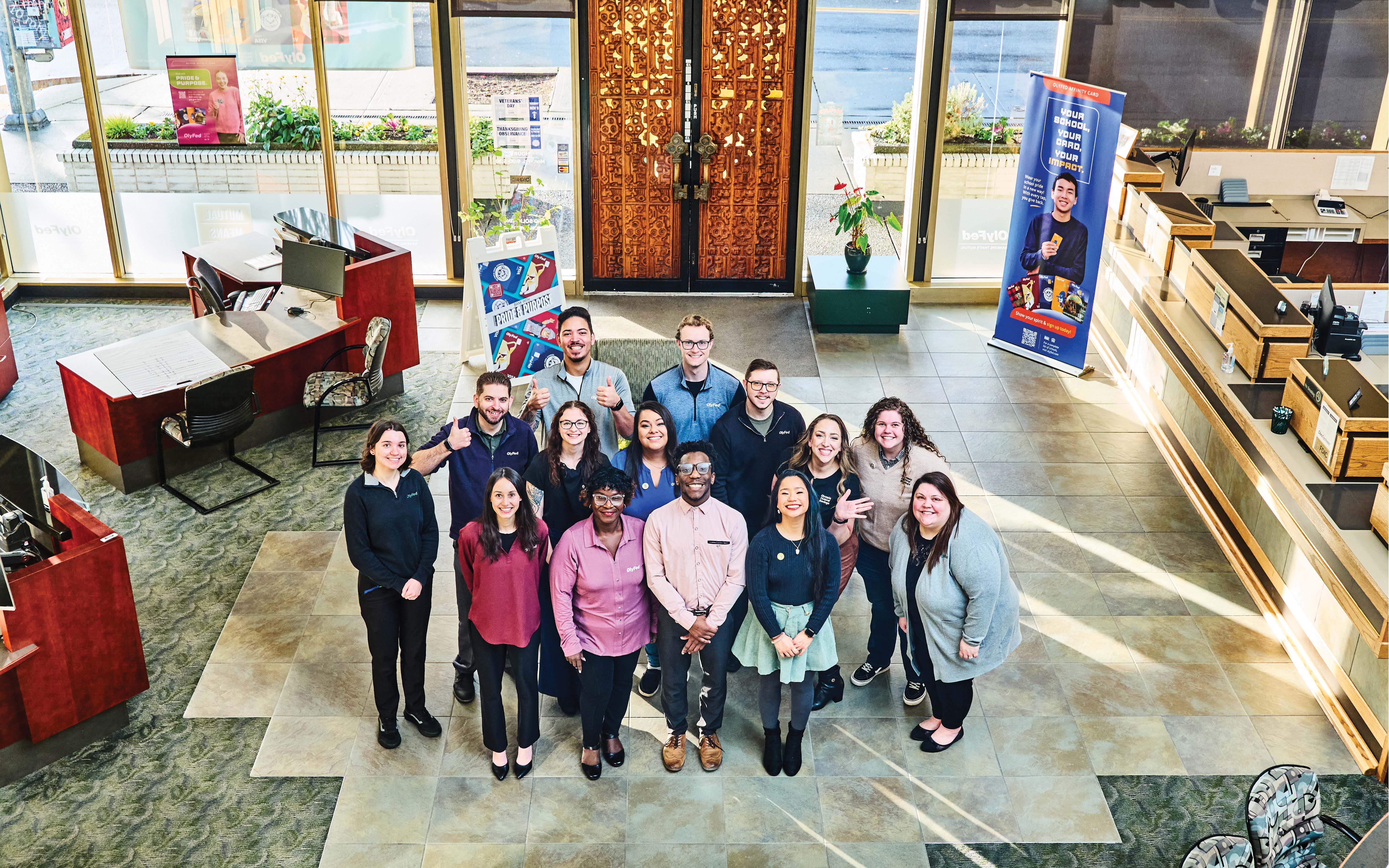In the fast-moving world of social messaging, the phrase “I don’t know” has its own abbreviation. The very existence of “IDK” suggests that the state of not knowing—and being willing to admit it—is an essential part of being human.
Lindsay LaNore: The power of “I don’t know”
August 01, 2021 / By ICBA
In the fast-moving world of social messaging, the phrase “I don’t know” has its own abbreviation. The very existence of “IDK” suggests that the state of not knowing—and being willing to admit it—is an essential part of being human.
In the fast-moving world of social messaging, the phrase “I don’t know” has its own abbreviation. The very existence of “IDK” suggests that the state of not knowing—and being willing to admit it—is an essential part of being human.
Having said that, “I don’t know” isn’t something we, as leaders, necessarily want to say out loud. That’s especially true when we’ve reached a certain milestone in our careers or are managing self-imposed expectations. But if you think not having answers makes you vulnerable and open to criticism, think again. It may be part of the secret sauce that can make you an even greater leader.
How can you overcome a reluctance to say you don’t know something?
Start by changing how you look at learning
Remind yourself that you can’t know everything about the business, even if you are deemed an expert in your field. A gut check every now and then is critical to keeping your learning gauge at the right level. In short, great leaders must stay curious and embrace learning.
Face your insecurities and set your pride aside
If the past year has taught us anything, it is that nothing is guaranteed, and life’s unpredictable twists and turns require us to pivot, adapt and traverse new situations. COVID-19 forced community bankers to learn new things overnight, such as how to navigate working remotely, how to serve a customer population by appointment or through the drive-through, and how to adopt new technologies to communicate and deliver services.
Acknowledge that you have room to grow
It can actually make you feel more alive. Ask questions and stay inquisitive. The simple act of saying “I don’t know” can lead to new discoveries and new thinking. And that, in turn, leads to growth. It also means you are setting a good example for your team. Use the phrase as an opportunity to model curiosity and learning. Be a champion of learning for your community bank. If a leader champions learning, it can drive engagement across the whole organization. This leads to higher productivity, plus a stronger sense of happiness among employees.
The benefits of embracing “I don’t know” are plentiful. It prevents us from making mistakes and going down the wrong path. The phrase invites feedback from colleagues and promotes collaboration. Plus, it gives us permission to shift direction rapidly, if needed, and that can be very exciting.
The unintended—and unfortunate—result of never admitting to our knowledge gaps can be that we stop being curious, stop upgrading our skill sets and stop learning new things. And that is never a good thing.
Remember: Every time you say “I don’t know,” it’s another chance to learn.
Subscribe now
Sign up for the Independent Banker newsletter to receive twice-monthly emails about new issues and must-read content you might have missed.
Sponsored Content
Featured Webinars
Join ICBA Community
Interested in discussing this and other topics? Network with and learn from your peers with the app designed for community bankers.
Subscribe Today
Sign up for Independent Banker eNews to receive twice-monthly emails that alert you when a new issue drops and highlight must-read content you might have missed.
News Watch Today

Join the Conversation with ICBA Community
ICBA Community is an online platform led by community bankers to foster connections, collaborations, and discussions on industry news, best practices, and regulations, while promoting networking, mentorship, and member feedback to guide future initiatives.













